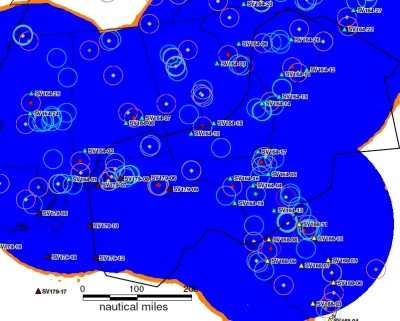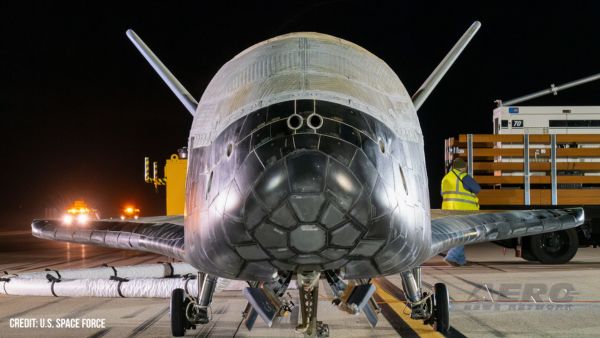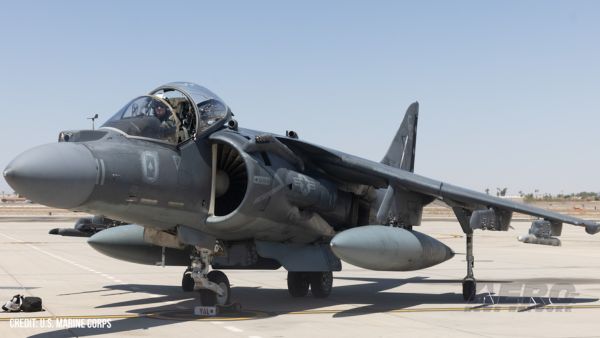Fri, Aug 27, 2010
Free Services For ADS-B Equipped Aircraft
Pilots who fly in or near Jacksonville, FL (ZJX) can now receive
free traffic and weather broadcast information in the cockpit. To
receive these services, aircraft must be equipped with an Automatic
Dependent Surveillance - Broadcast (ADS-B) transmitter/receiver or
transceiver and compatible cockpit display.

FAA Jacksonville TIS-B FIS-B Coverage Map
The new services include Flight Information Service - Broadcast
(FIS-B), which provides pilots and flight crews with a cockpit
display of aviation weather and aeronautical information via
Universal Access Transceiver (UAT) equipment on 978 MHz. The FAA
notes that FIS-B is not compatible with 1090ES avionics.
The FAA says that FIS-B weather products are for advisory use only.
The information provided by FIS-B can not be used in compliance of
any regulatory requirement. Pre-flight weather briefings and
in-flight weather updates must be obtained through FAA approved
sources only.
Among the FIS-B products being broadcast in ZJX region are:
- Aviation Routine Weather Reports (METARs).
- Special Aviation Reports (SPECIs).
- Terminal Area Forecasts (TAFs) and their amendments.
- NEXRAD (regional and CONUS) precipitation maps.
- Notice to Airmen (NOTAM) Distant and Flight Data Center.
- Airmen's Meteorological Conditions (AIRMET).
- Significant Meteorological Conditions (SIGMET) and Convective
SIGMET.
- Status of Special Use Airspace (SUA).
- Temporary Flight Restrictions (TFRs).
- Winds and Temperatures Aloft.
- Pilot Reports (PIREPS).
- TIS-B service status.

Traffic Information Service - Broadcast (TIS-B) is an
advisory-only service which enhances a pilot's visual acquisition
of other traffic displayed in the cockpit of properly-equipped
aircraft. Pilots must continue to exercise vigilance to "see
and avoid" other aircraft in accordance with Title 14 of the Code
of Federal Regulations Section 91.113b.
TIS-B and FIS-B are available to aircraft equipped with a 978
MHz Universal Access Transceiver (UAT). Aircraft equipped with a
1090 MHz Extended Squitter (1090 ES) will be able to receive only
the TIS-B information
The FAA encourages users of TIS-B and FIS-B to report any
irregularities observed while using the services. Reports should
contain the following information:
- Time of observation.
- Location.
- Type and identity of the aircraft.
- Description of the condition observed.
- Type of avionics system and software version used.
Pilots can report issues by contacting the nearest FSS facility
or by submitting FAA Form 8470-5, Safety Improvement Report,
available from FSSs, Flight Standards District Offices, or general
aviation fixed-based operators.
More News
“This Russian activity in the Alaskan ADIZ occurs regularly and is not seen as a threat.” Source: From an email release from Canadian Armed Forces Capt. Rebecca Garand,>[...]
Terminal Radar Service Area Airspace surrounding designated airports wherein ATC provides radar vectoring, sequencing, and separation on a full-time basis for all IFR and participa>[...]
From 2016 (YouTube Edition): Upgrades For Your 182… Sun ‘n Fun 2016 presented the opportunity to see some really interesting things, and a hopped-up Cessna 182 on floa>[...]
Airplane’s Encounter With A Dust Devil, Which Resulted In A Loss Of Airplane Control At A Low Altitude Analysis: The pilot reported that while conducting a slow flight maneuv>[...]
Aero Linx: International Fellowship of Flying Rotarians IFFR is one of the oldest Rotary Fellowships and was formally established through the efforts of a dedicated Rotarian, E. Ed>[...]
 Aero-News: Quote of the Day (08.24.25)
Aero-News: Quote of the Day (08.24.25) ANN's Daily Aero-Term (08.24.25): Terminal Radar Service Area
ANN's Daily Aero-Term (08.24.25): Terminal Radar Service Area Classic Aero-TV: Goes Like Heck! - Wipaire's Boss 182 Amphibious Conversion
Classic Aero-TV: Goes Like Heck! - Wipaire's Boss 182 Amphibious Conversion NTSB Final Report: Quicksilver MX II
NTSB Final Report: Quicksilver MX II ANN's Daily Aero-Linx (08.24.25)
ANN's Daily Aero-Linx (08.24.25)




